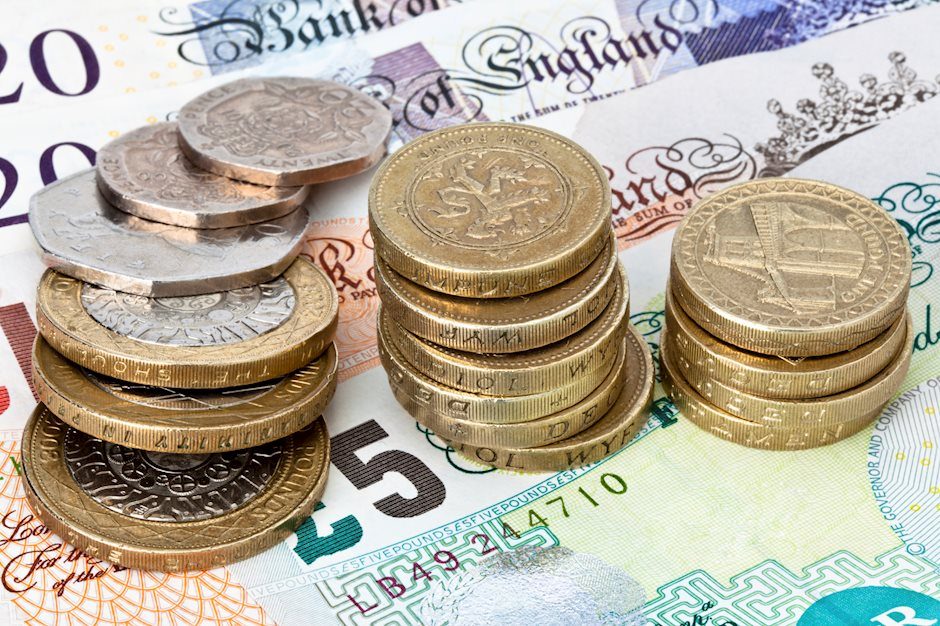Why Its Not a Good Time to Buy Dollars

By Saturday, the U.S. government will be in the midst of its longest shutdown ever and while this stoppage to government activity is gripping politicians and the media, the impact on the financial markets have been limited. U.S. stocks recovered throughout the past week, volatility declined and the greenback, which fell hard at the end of the year is stabilizing. For the most part, it was a quiet week in the markets because the US government shutdown also limited US economic releases. We heard from a number of Fed officials including central bank governor Powell and their message was clear - the economy is doing well right now, but the weakness in the markets and the uncertainty abroad requires them to be patient with rate hikes. They'll continue to reduce the balance sheet but we may not see a rate hike until the summer. While investors latched onto Powell's comments on balance sheet shrinkage, the main takeaway is that the economy is slowing and the Fed is retreating. All of this is reinforced by data. On Friday we learned that consumer prices declined for the first time since March which caused annualized CPI growth to slip below 2% for the first time since August 2017. Of course this is no surprise given the sharp slide in oil and gas prices at the end of the year. We also learned earlier in the week that manufacturing and service sector activity slowed significantly. So while next week's retail sales report could benefit from strong holiday sales, the negative outlook for the U.S. economy overall means its not a good time to buy dollars.
The worst performing currency on Friday was the euro. It is one of the few currencies that is down against the U.S. dollar year to date. While investors may be selling US dollars they are not parking their money into euros because the economy is weakening and the political risks are growing. The protests in France are ongoing and the latest German factory orders and industrial production reports show how the drag from global trade tensions is hurting the economy.
Sterling on the other hand was one of the best performers. It received a lift on reports that the UK could delay its March 29th exit from the European Union. Don't be misled however by the strength of the currency because there's a very good chance that Prime Minister May will lose next week's key Brexit vote. Most MPs are expected to vote no to the withdrawal agreement that she set out with EU and only reason this is seen as good news is because many believe that they will need to drop the deadline altogether if Parliament rejects the agreement. Its hard to say which way this will go but a no vote should trigger an immediate 1% to 2% decline in GBP/USD with a recovery dependent on how quickly they share plan B. If the divorce date is not immediately delayed, GBP could extend its losses quickly but if they drop the deadline, we may see a relief rally. As for Plan B, May could push for a second vote, pro-EU campaigners could push hard for a second referendum or the UK could begin the process of leaving the EU with no agreement.
After falling to a 1 month low, USD/CAD rebounded on Friday as oil prices retreated.It was no surprise that the Bank of Canada left interest rates unchanged this week. The labor market is strong, the manufacturing sector is growing at a faster pace and oil prices are recovering but these improvements were too new for the central bank to alter its view that future rate hikes are data dependent. We now expect to see a stronger recovery in USD/CAD ahead of what should be a weak CPI report next week. The best performing currencies on Friday were the Australian and New Zealand dollars. Stronger than expected Australian retail sales and U.S.-China trade talk optimism helped to lift both currencies to 3 week highs.
Author

Kathy Lien
BKTraders and Prop Traders Edge

















